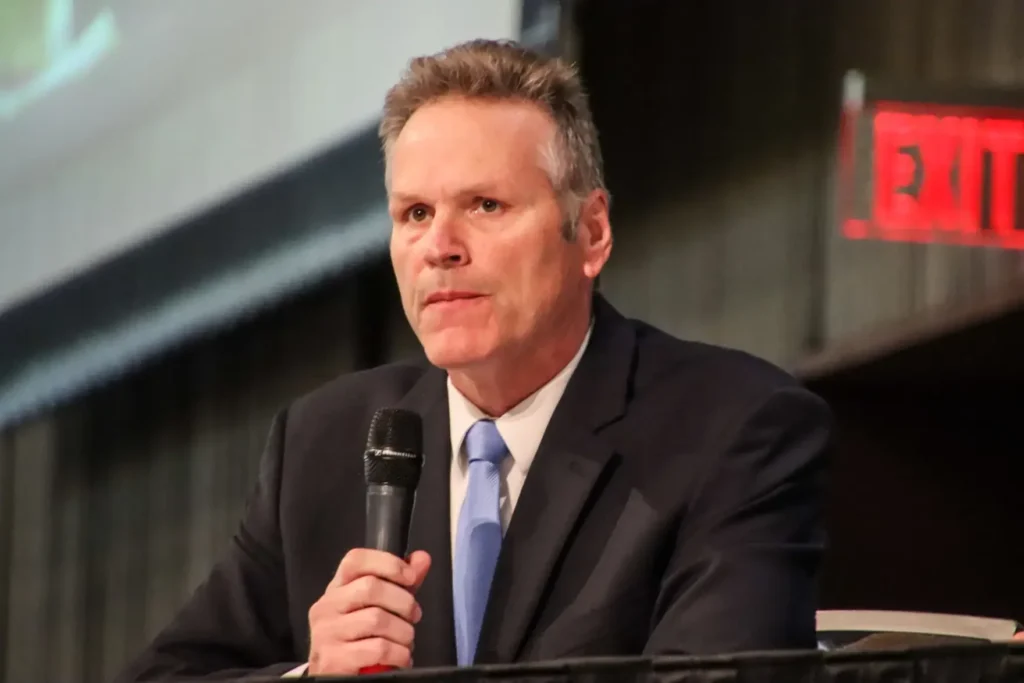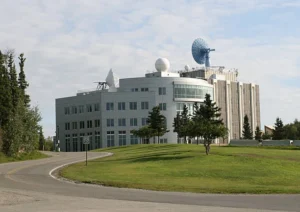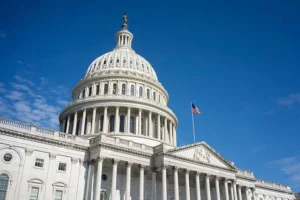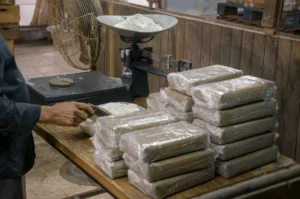Republican Governor Mike Dunleavy visited Taiwan last month to promote Alaska’s multibillion-dollar liquified natural gas project to Asian partners. The LNG project has high geopolitical stakes.
On the same day Dunleavy landed in Taipei, China’s Vice Consulate in San Francisco contacted his office. The Chinese consulate requested a meeting with Dunleavy’s Chief of Staff and expressed disapproval of the governor’s stop in what they labelled as a province of China.
China has long considered Taiwan its territory and regularly conducts military exercises near the island, including simulated blockades. The US does not formally recognize Taiwan’s independence but supports its defence and maintains unofficial ties.
In a follow-up message, Chinese officials called Dunleavy’s visit a very wrong signal and urged him to avoid future contact. The governor, however, dismissed the warning and said he would not be pressured into changing his plans or cancelling meetings.
During his Taiwan visit, Dunleavy met with President Lai Ching-te, Vice President Hsiao Bi-khim, and major energy companies. Taiwan’s state-run CPC signed a nonbinding letter to purchase one-third of the project’s gas and expressed possible interest in investing.
Dunleavy also visited Japan, South Korea, and Thailand, continuing his push for LNG partnerships. The project is currently valued at $44 billion and has private backing from Glenfarne, a US firm that replaced Alaska’s state-run agency.
Despite strained US-China relations, experts believe Alaska is unlikely to face direct retaliation. David Sacks of the Council on Foreign Relations said China’s messaging was standard and unlikely to evolve into punitive actions.
The US Department of State-backed Dunleavy’s trip, stating that such state-level cooperation aligns with American policy. While the project caused diplomatic tension, it also showcased the potential for expanded US-Taiwan trade.












